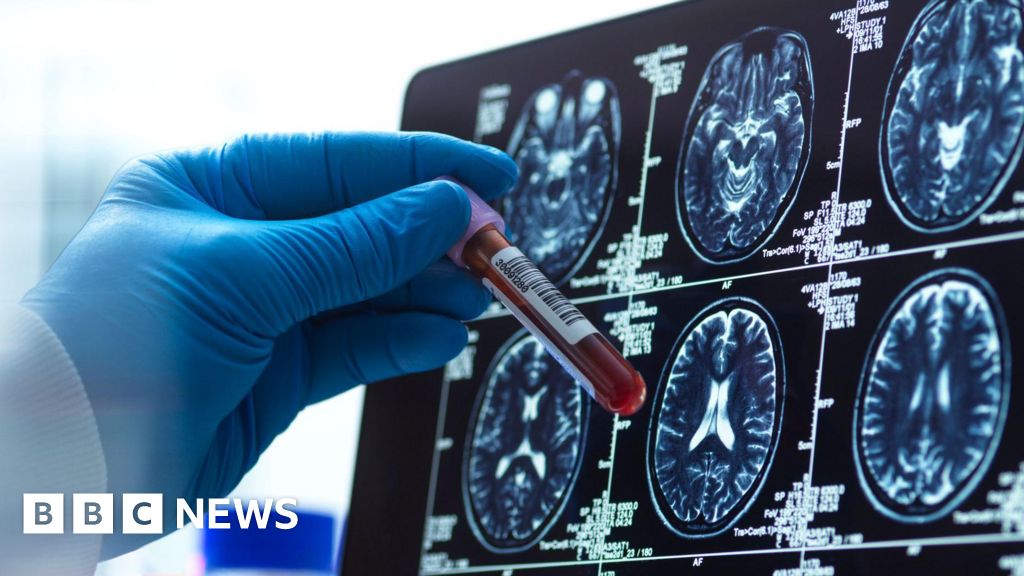New Blood Test for Alzheimer's Disease

Introduction
A new blood test for Alzheimer's disease is being hailed as a potential game-changer by scientists at University College London. The test, which is currently being trialled, could significantly improve the accuracy of diagnosis, potentially increasing it to over 90%. This is an exciting development in the battle against Alzheimer's, a disease that affects millions of people worldwide.
Key Details
The blood test works by detecting a specific protein in the blood that has been linked to Alzheimer's disease. This protein, known as amyloid-beta, forms clumps in the brain of those with Alzheimer's, causing damage to brain cells and leading to cognitive decline. By measuring the levels of this protein in the blood, the test can accurately determine the presence of Alzheimer's disease.
The current method of diagnosing Alzheimer's is through a combination of cognitive tests and brain scans. However, this can be costly and time-consuming, and the accuracy is not as high as the potential accuracy of the new blood test. The new test could also lead to earlier detection of the disease, allowing for earlier treatment and potentially slowing down its progression.
Impact
If the blood test proves to be successful in the ongoing trial, it could revolutionise the way we diagnose Alzheimer's and potentially change the lives of those living with the disease. Early and accurate diagnosis of Alzheimer's is crucial in order
About the Organizations Mentioned
University College London
University College London (UCL), founded in 1826, is a pioneering public research university located in London. It was established with a progressive ethos to provide higher education without religious or social barriers, making it the first university in England to admit students regardless of religion and the first to admit women in 1878[1][3][6]. This inclusivity set UCL apart from traditional institutions like Oxford and Cambridge. UCL has a rich history of innovation and societal impact. It founded University College Hospital in 1837 and was among the earliest to establish a students' union in 1893. The university played a vital role in medical advancements, including early use of anesthesia in surgery and groundbreaking psychiatric treatments[1][5]. It has produced 29 Nobel laureates, including figures like Sir William Ramsay, who discovered noble gases, and Francis Crick, co-discoverer of the DNA structure[3][7]. Today, UCL is a global leader in interdisciplinary research, education, and innovation. It consistently ranks in the top 10 worldwide universities (2025 QS World Rankings) and is renowned for breakthroughs in artificial intelligence, machine learning, urban planning, and medical research[3][4]. Its Bartlett School of Architecture is prominent in smart city research, while the Francis Crick Institute partnership highlights its role in cutting-edge biomedical science[1][3]. UCL also generates approximately £10 billion annually for the UK economy, underscoring its substantial economic and social impact[4][5]. UCL’s modern expansion includes the 2022 opening of the UCL East campus, emphasizing its ongoing growth and commitment to interdisciplinary excellence[1]. Its entrepreneurial spirit and dedication to equity continue to define its mission, making UCL a key institution at the intersection of business, technology, and societal advancement.



















